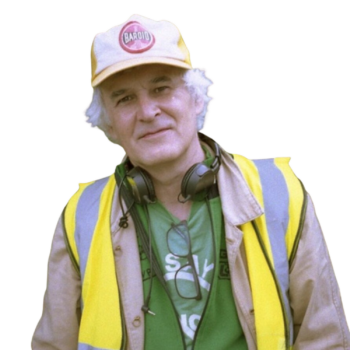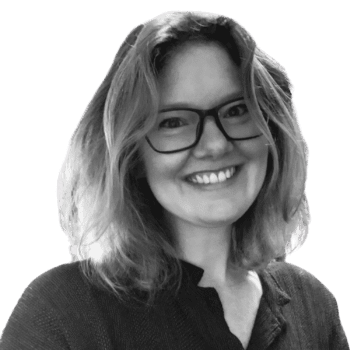Over seven weeks your tutor will guide you as you develop a range of creative, practical and critical skills essential to creating successful factual stories.
At the end of the course you’ll receive detailed written feedback on your pitches to evaluate your idea and handling of story techniques, plus advice on where to take your ideas next.
We teach this course in groups of up to 15 people. You can book as an individual, or you can block-book a class for your team. All participants who successfully complete the course will receive a certificate of completion evidencing their study hours.
You’ll need to be in a position to dedicate at least 2 hours per week for the duration of the course.
Session 1: Introduction to Storytelling – We start by thinking about the grammar of storytelling, the essential elements every story needs – and why this matters as much in factual as in dramatic stories.
You’ll find out why a factual story needs an active protagonist, and how to use a character’s wants and needs and emotional journey to establish empathy with your audience.
Session 2: Building Blocks – In the second session we build on the basic building blocks of the archetypal story to lay down the blueprint underlying all successful stories.
You’ll look at how to use inciting incidents in factual stories – and ways to pay them off later in the narrative – and why you need to make the stages of a factual story clear to reward your audience. You’ll also practise summing up a factual story in a single sentence.
Session 3: Essential Storytelling Tools – This session is about being able to see whether a story works – how to ‘break a story’. You’ll start by learning the 10 key questions to ask any story, and experiment with three-act structure. You’ll look at a story brief for an existing factual series, decipher why it’s not working, and rewrite it.
By the end of this session you should be able to deconstruct any factual story and will also understand the three key documentary models.
Session 4: Five-Act Structure – In this session we break down a story into five parts and look at why this is such an invaluable tool for storytellers in all formats.
You’ll look at putting obstacles in the way of your protagonist to keep an audience engaged, and why every great factual idea will change the way we view the world.
Practical exercises include writing a plan for factual story in five parts. You’ll practise selling a story in five short paragraphs.
Session 5: Developing Your Own Stories – In this session we look at how to distil an idea to its essence before packaging it into a professional pitch.
You’ll think about classic documentary story shapes and frames, and how to pitch a story when you don’t know what will happen in ‘real life’.
You’ll practise writing a billing, giving a pitch the extra colour it needs to make an impact, and communicating the essence of a story – and your passion – to someone who knows nothing about the idea.
Session 6: Pitching Your Own Stories – Finally, we step into the world of pitching and commissioning, looking at everything that goes into the moment when you can finally pitch your story and try to convince a commissioning editor, exec or client to back your idea.
John offers his top tips for checking whether your story is as good as it can be, while Peter lays down the do’s and don’ts of pitching. At the end of the session you will submit two short pitches for factual ideas, and receive written feedback notes from your tutor.
The online classroom closes at the end of Session 6, but you will have the option to continue working with your peers in a specially created course alumni area online. This includes an archive of your course materials, forums to continue posting work for review, and a network of alums who have completed our courses.



























